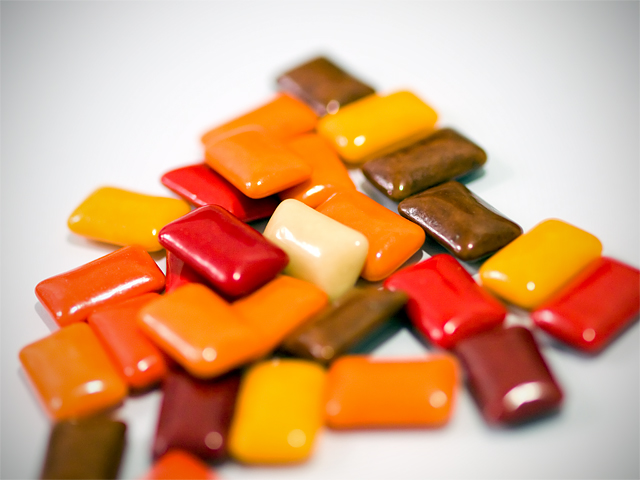
I’ve Heard Xylitol is an Excellent Sugar Substitute and also Good as a Rinse For Oral Lichen Planus. Is That True?
Photo Credit: Kyle Lam, via Flickr Creative Commons
Your question is a good one that has many parts. I will get to your question about Oral Lichen Planus, a painful inflammatory condition of the mouth, but first some background.
Xylitol as a Sugar Substitute
Xylitol is a category of sweetener called sugar alcohols and was discussed in this post on sugar alternatives by our nutritionist. It is not a bad sugar substitute for occasional use by someone trying to avoid using sugar. My current recommendation for people using a sugar substitute, however, is generally Stevia.
There is a connection between bad teeth and gums and heart disease.
Xylitol Safety
Xylitol is approved as a food additive and is likely safe when consumed in standard doses. There are no known interactions with medicines. It can cause intestinal upset in higher doses as well as diarrhea. Just to be prudent, it is not recommended to use high doses over long periods of time even though studies have shown safely for up to 3 years at doses of 20 grams a day. It was originally developed as a lower calorie sugar substitute that does not raise blood sugar significantly, as it is not well- absorbed. Know that it can raise blood sugar at higher doses. Also, note that it is highly toxic to dogs.
Oral Health and Heart Disease
This is a program for reversing heart disease (Intensive Cardiac Rehabilitation) and there is a connection between bad teeth and gums and heart disease. The reason is that it leads to a chronic inflammatory state. One study from Sweden looked at this specifically and found that periodontal disease and missing teeth were associated with high blood pressure and an increase in the number of heart attacks.
In short, good oral health is important for the heart.
Xylitol and Oral Health
Xylitol is helpful to oral and periodontal health, in most studies the amount used was of 2-3 grams, usually as a gum, three or more times a day. Though that is a lot for most people.
Lichen Planus: Inflammation in the Mouth
Since Lichen Planus is not very common, I have included a link to a general description by the Mayo Clinic for those who would like to know more. Oral Lichen Planus are lacey white or swollen areas on the sides of an affected person’s mouth. They signify increased inflammation. While most of the time the cause is unknown, in some cases triggers such stress, certain heart medicines, food allergies, etc. can be identified and should be avoided. If the Lichen Planus mouth lesions are not bothersome (painful), then they are generally not treated. If they are bothersome, then there are two main treatment protocols:
- if there is a known trigger, remove the trigger (as I mentioned above).
- otherwise they are generally treated with topical corticosteroids or calcineurin inhibitors.
Xylitol and Lichen Planus
Rinsing with Xylitol is a common treatment for Oral Lichen Planus recommended in user forums. Although I was able to find some compelling case reports, I could not find any research to support them. I can imagine some theoretical ways that it might be helpful. It is known that the accumulation of dental plaque and calculus may cause local irritation and exacerbation of Oral Lichen Planus (Koebner phenomenon), so perhaps Xylitol, which is known to help reduce dental plaque, calculus and local irritation, might help Oral Lichen Planus either directly or indirectly. I cannot say that this is something that research can endorse, but there is a reason to think that it might be helpful. Another substance that is worth looking into for oral Lichen Planus is Hyaluronic Acid which appears to have some benefit.









